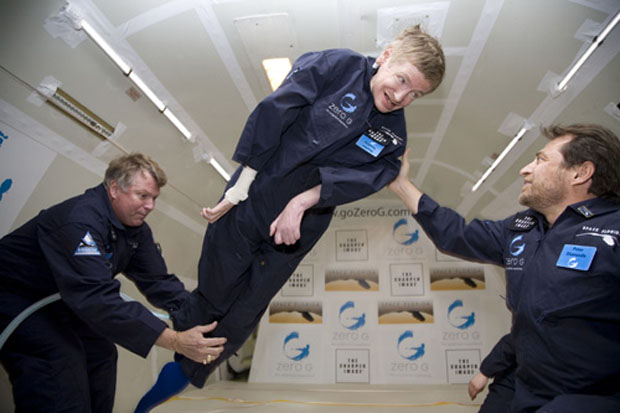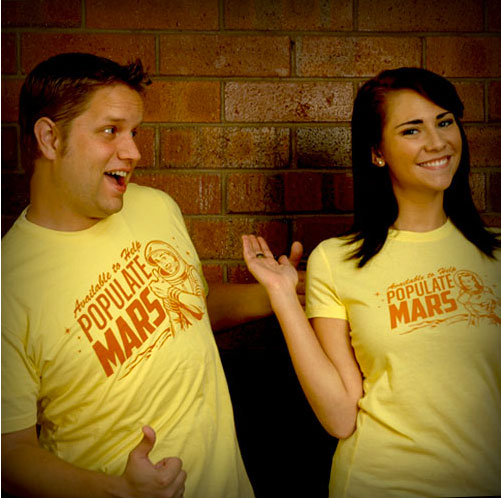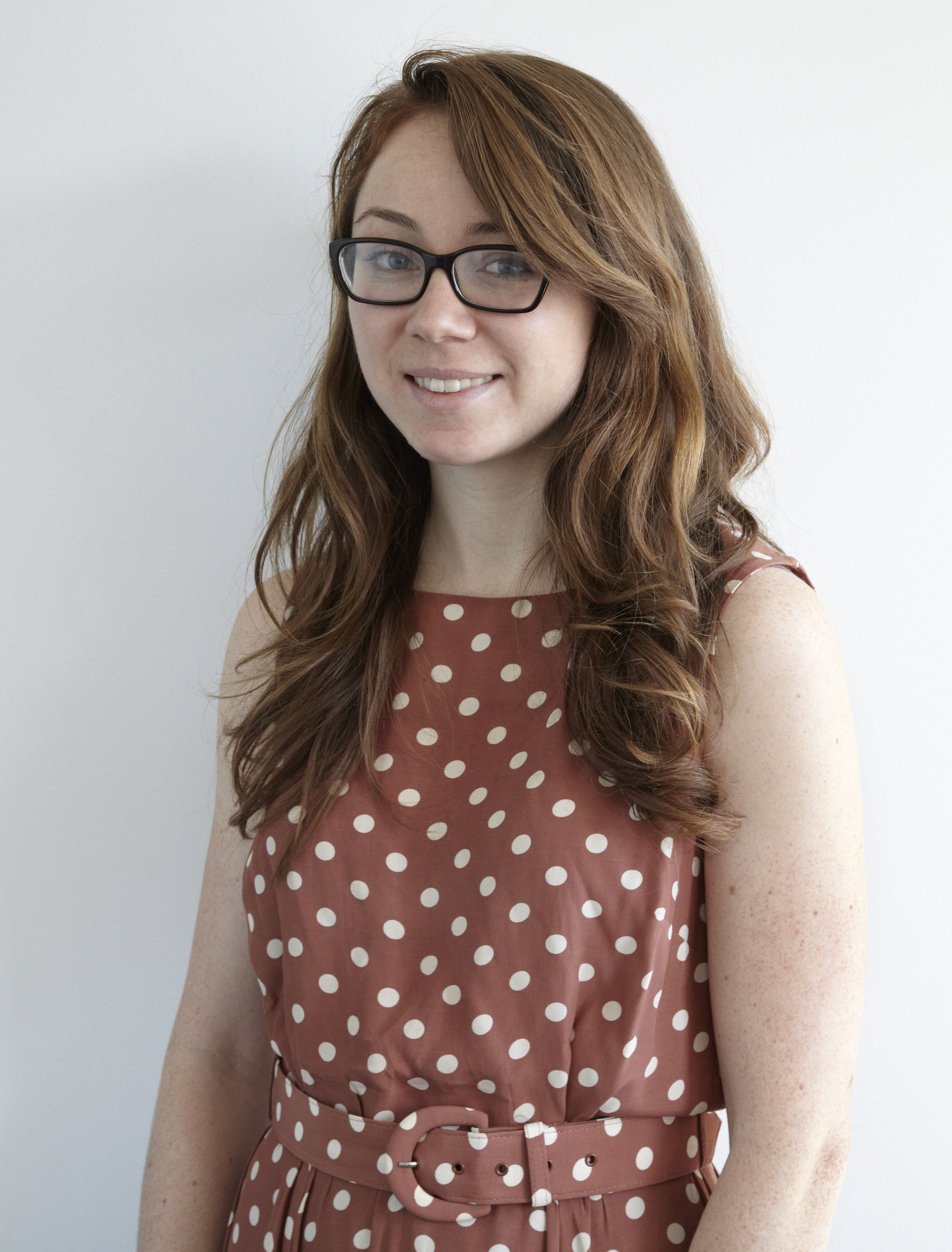Stephen Hawking Tells Explorers to Reach Out Beyond Earth

NEW YORK — Ambitious plans to carry humans far beyond Earth were at the forefront of the Explorers Club Annual Dinner here Saturday night (March 15), as astronauts, entrepreneurs and physicist Stephen Hawking celebrated the wonder — and necessity — of space exploration.
"Not to leave planet Earth would be like castaways on a desert island not trying to escape," Stephen Hawking said in his keynote address via telecast.
"Sending humans to other planets … will shape the future of the human race in ways we don't yet understand, and may determine whether we have any future at all," Hawking told an exclusive audience at the Waldorf Astoria hotel, which included Apollo 11 moonwalker Buzz Aldrin, rocket-builder Elon Musk and Amazon CEO Jeff Bezos (who also founded a somewhat secretive spaceflight company called Blue Origin).
Elon Musk, who founded the commercial spaceflight company SpaceX, took the stage later in the evening to accept the Explorers Club President's Award for Exploration and Technology.
"I think what we're doing is evolutionary, but not revolutionary," Musk said in his short speech. "What we really need is a fully reusable rocket system."
SpaceX has a $1.6 billion contract with NASA to launch 12 cargo missions to the International Space Station using its Dragon capsule and Falcon 9 rocket. The Hawthorne, Calif.-based company has already flown two of those missions; a third, which was planned for Sunday (March 16), has been delayed until March 30.
During the upcoming mission, SpaceX will test out Falcon 9's landing legs, bringing the rocket down for a "soft landing" in a ocean, in a step toward making the launch system reusable.
Get the Space.com Newsletter
Breaking space news, the latest updates on rocket launches, skywatching events and more!

For Musk, hauling supplies (and eventually people) to low-Earth orbit is only the beginning; he ultimately has his sights set on Mars. At the gala, the billionaire entrepreneur reprised his vision for future flights to the Red Planet as cheap as half a million dollars.
Former NASA astronaut Franklin Chang-Diaz, another honoree at the dinner, shares Musk's Martian aspirations.
Chang-Diaz — who logged seven spaceflights in his career and now runs Ad Astra, a private rocket company in Houston — was one of two recipients of the Buzz Aldrin Quadrennial Space Award. (The other was planetary scientist Maria Zuber, who has helped map Mars and the moon.)
For decades, Chang-Diaz has been working on a plasma rocket called VASIMR, which theoretically could send astronauts to Mars in a speedy 39 days. Aldrin himself presented the award, joking that he has some competing ideas about getting to Mars (namely, a cycler that could perpetually ferry people back and forth from Earth's orbit to the Red Planet's realm).
Follow Megan Gannon on Twitter and Google+. Follow us @SPACEdotcom, Facebook or Google+. Originally published on Space.com.
Join our Space Forums to keep talking space on the latest missions, night sky and more! And if you have a news tip, correction or comment, let us know at: community@space.com.

Megan has been writing for Live Science and Space.com since 2012. Her interests range from archaeology to space exploration, and she has a bachelor's degree in English and art history from New York University. Megan spent two years as a reporter on the national desk at NewsCore. She has watched dinosaur auctions, witnessed rocket launches, licked ancient pottery sherds in Cyprus and flown in zero gravity on a Zero Gravity Corp. to follow students sparking weightless fires for science. Follow her on Twitter for her latest project.









